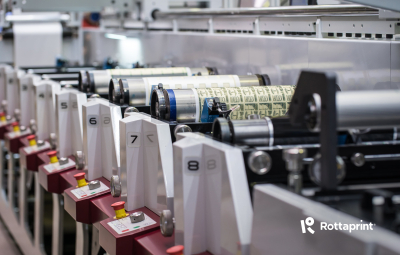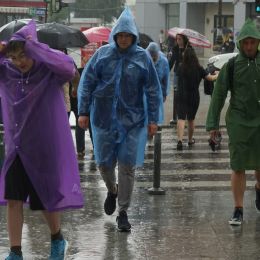On January 31, required reserve deposited at National Bank of Romania totaled 26 bln euros, down from 26.22 bln euros at December 31, 2008.
Moreover, Romania’s economic growth rate is highly likely to slow down to around 0% in 2009, in the context of a current account balance of 9.7% of GDP from 12.8% of GDP in 2008.
The major deterioration of industrial output in the last quarter of 2008 has led to a drastic slowdown of economic growth and in 2009, “With the global financial woes and the recession in the major European trading partners expected to deepen, Romania’s real GDP growth rate is highly likely to slow down to around 0% in 2009”, reads the report.
The foreign direct investment will narrow their weight in the gross domestic product from 6.7% in 2008, to 2.9% at the end of this year, while the trade deficit is expected to reach 12.7% of GDP from 13.8% of GDP in 2008. Also, the unemployment rate will increase slightly from 6% in 2008 to 6.3% this year.
“The interbank interest rates returned to the levels in September 2008. However, the spread between the policy rate and interbank rates (1 week) remained at around 300bps in mid-February. Furthermore, RON has depreciated 18% against the US dollar and 13% against the euro since October 2008”, reads the survey.
The report highlights on the foreign currency-denominated loans, with a worrying share in overall credit volume, in case the leu continues its downtrend. However, if those foreign currency-denominated loans turn delinquent, “the country’s financial system could be seriously affected”, and the parent banks will take outright actions to reduce the credit lines made available to their subsidiaries if their risk capacity weakens.
On the other hand, the government debt could widen to 15.6% of GDP at the end of this year from 14.8% a year earlier.
The budget deficit is likely to deepen to 3.8% in 2009 from 5.2% a year earlier.
“Given the worsening economy, however, the government may be forced to consider a further spending cut”, JCR analysts add.
However, the economy may recover in 2010, and the GDP will increase by 4% while the unemployment rate will continue to grow up to 6.5% and inflation rate will fall to 4% from 5.3% in 2009.
The current account deficit will be adjusted to 6.8% of GDP in 2010, if foreign direct investment reduces weight in GDP, down to 4.4%, JCR analysts stressed.
Citeste si:
Calculator Salariu: Află câți bani primești în mână în funcție de salariul brut »
Te-ar putea interesa și:



















































































![HR [PLAY] Tech Workout - 11...](https://www.wall-street.ro/image_thumbs/thumbs/973/973fe0a3888d417feff63de42e814180-260x260-00-65.jpg?v=1713298683)









